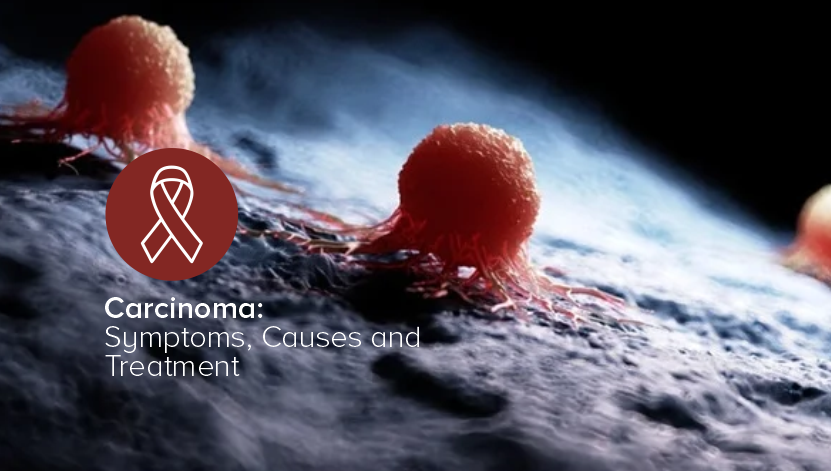Carcinoma is one of the most commonly encountered forms of cancer, affecting many individuals globally. This type of cancer develops in the skin or in tissues lining or covering internal organs, such as the liver, kidneys, pancreas, and more. It's imperative to explore the intricate details of carcinoma, including its symptoms, causes, and the cutting-edge treatments available.
